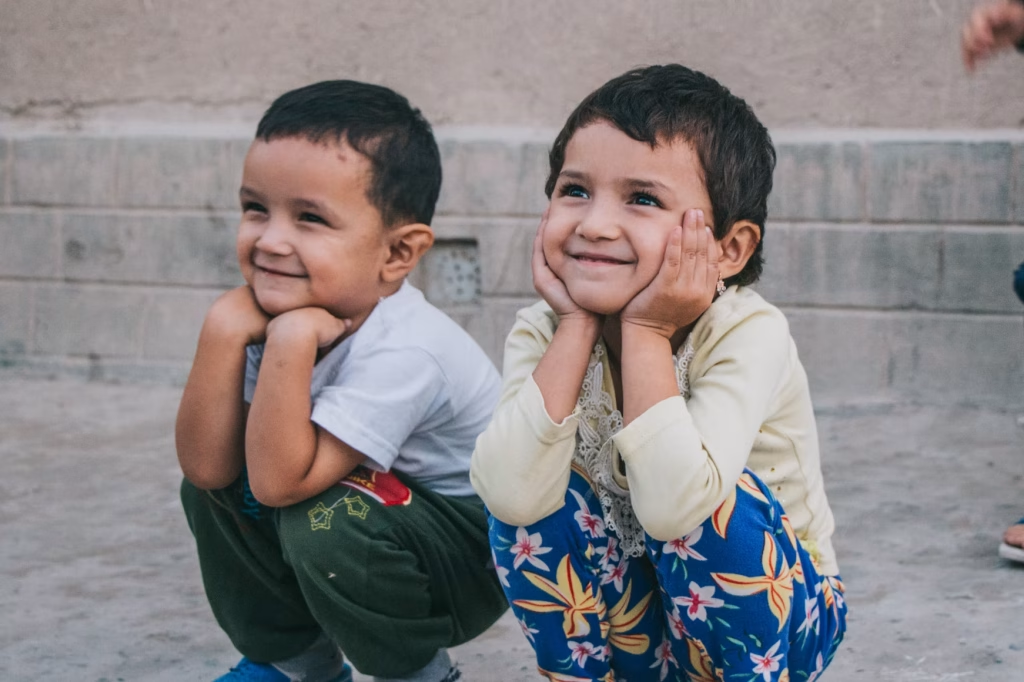
Is there ever a valid reason to punish parents for growing their families? Parenting is challenging enough without the added stress of public policy intervening in our most personal decisions. Yet in some parts of the world, the idea of fining people for having “too many” children isn’t just an idea—it’s real policy.
These regulations don’t just shape individual households; they can redefine an entire nation’s perception of family life. Below, we’ll explore how such policies have played out and the consequences for both parents and kids when governments take control of family size.
The Story of China’s One-Child Policy: More Than Just a Number
From 1980 to 2015, China enforced a sweeping one-child policy aimed at curbing population growth. Parents who dared exceed the limit faced steep income-based fines—referred to as “social maintenance fees.” These fines often matched or even surpassed a family’s annual earnings. In many cases, parents who couldn’t pay risked losing access to vital resources like education and healthcare for their child.
While it might seem extreme, the policy was embedded in everyday life for millions, affecting fundamental choices about marriage, childbirth, and even the possibility of forced abortions or hidden pregnancies. It was, in essence, the government deciding how many children a family could have—and punishing those who dared go beyond that limit.
Real-Life Consequences for Parents and Children
Fines aren’t just about money; in places with strict reproductive controls, kids born outside of quotas often wind up without legal registration. That means no official ID, no schooling, no healthcare, and no social services.
Parents, desperate to protect their unregistered children, sometimes resort to illegal or semi-legal schemes to get them basic rights. The human toll is staggering.
Children grow up with limited opportunities. Families bear constant shame or secrecy. It’s not simply an inconvenience—it permanently affects a child’s education, self-esteem, and long-term well-being.
As the NPR coverage of China’s one-child policy explains, couples who tried to navigate these regulations found themselves caught between their own desires for a family and the government’s demands for population control.
Policies Can Shape Behavior in Unexpected Ways
For families determined to have more than one child under such restrictive regulations, creative workarounds emerged. In China, a notable uptick in twin births was reported—some couples used fertility treatments to sidestep the limit, since twins didn’t technically violate it.
Yet having multiples is no small task, often bringing its own set of stresses, from higher medical costs to more complicated childcare. This underscores how policies aimed at controlling one aspect of family planning can end up pushing parents into new, sometimes riskier decisions.

From One-Child to Two-Child—and Beyond
Even after China transitioned to a two-child limit, many of the pressures continued. Third children were still penalized with fines that could reach ten times a family’s annual income. Forced or coerced abortions, especially in under-resourced rural areas, have not disappeared entirely.
Though the fine structure changed, the emotional, physical, and mental strain for parents didn’t vanish overnight. This evolution illustrates that even slight adjustments in family-size policies may not fully address the deeper ethical and psychological dilemmas they create.
Are Other Countries Following Suit?
In the United States and many other nations, fining families for having more children is typically viewed through the lens of human rights violations. Democratic societies generally consider reproductive freedom a fundamental right, making the prospect of family-size fines unlikely.
Still, concerns about environmental resources, public spending, or social welfare do fuel debates about how many children people “should” have. These arguments sometimes spur controversy but rarely lead to formal policies like China’s. Nevertheless, it’s a reminder that population control discussions remain relevant, especially as global issues like climate change intensify.
What Parents Need to Understand
The heart of the matter is this: raising a family shouldn’t risk punishment. Policies that fine families for having more children not only undercut empathy and personal choice—they disproportionately harm the poorest and most vulnerable.
Instead of tackling issues like poverty or resource management through penalties, governments can foster solutions that uplift families. Investing in healthcare, education, and community support is more humane—and more effective—than penalizing reproduction.
Ultimately, these policies can cast a long shadow over a child’s life, hindering access to basic rights and a sense of security. While everyone wants a sustainable planet and well-managed public resources, using fines to regulate family size risks eroding human freedoms in deeply personal ways.
Join the Conversation
So is there ever a valid argument for fining families based on how many kids they have? Should environmental or economic concerns outweigh individual rights? Or is the very idea a slippery slope that leads to more harm than good?
Your insights matter. Feel free to share what you think about this complex intersection of personal freedom, government policy, and the future of our communities.
Read More:

Samantha Warren is a holistic marketing strategist with 8+ years of experience partnering with startups, Fortune 500 companies, and everything in between. With an entrepreneurial mindset, she excels at shaping brand narratives through data-driven, creative content. When she’s not working, Samantha loves to travel and draws inspiration from her trips to Thailand, Spain, Costa Rica, and beyond.